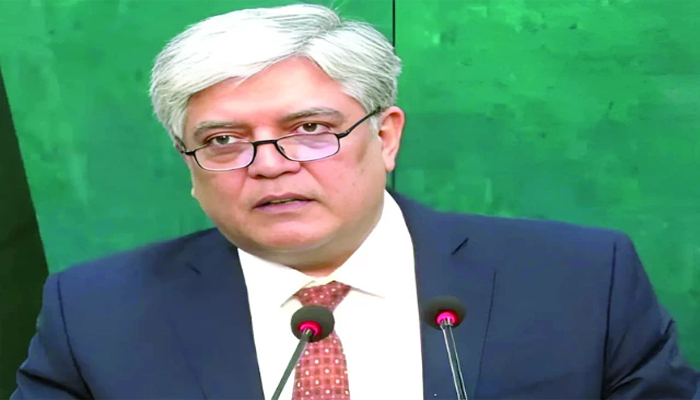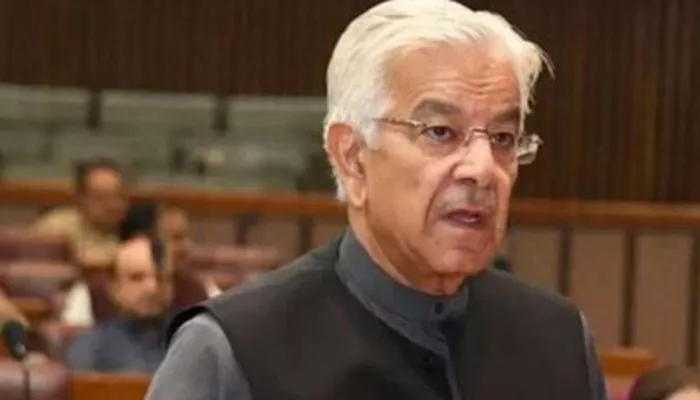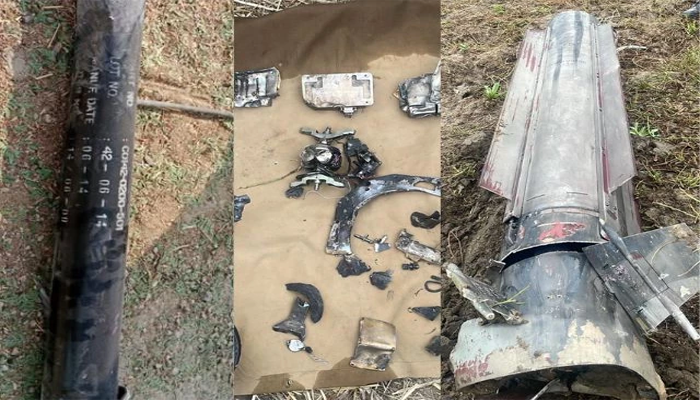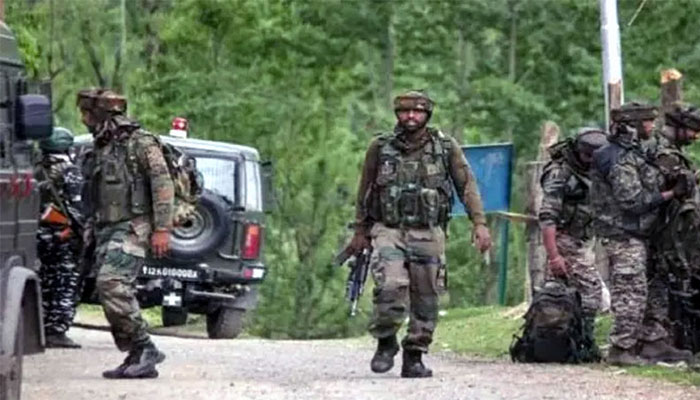ISLAMABAD: Pakistan’s Foreign Office (FO) has strongly condemned what it calls India’s unilateral and reckless military aggression, accusing New Delhi of targeting civilians, violating international treaties, and destabilizing the region.
In a press briefing on Friday, FO spokesperson Shafqat Ali Khan said that India has assumed the role of “judge, jury, and executioner,” launching cross-border attacks on Pakistani territory based on unverified social media claims. He warned that such actions pose a direct threat to regional peace and are in blatant violation of international law.
“These strikes are not surgical or precise—they are targeting civilians, women, children, even mosques and critical infrastructure like the Neelum–Jhelum dam,” Khan said. “India must be held accountable.”
Khan further stated that India has a history of obstructing justice, citing the stalled investigations into the Pathankot and Mumbai attacks due to New Delhi’s consistent non-cooperation. He accused India of ignoring its own destabilising activities while levelling baseless allegations against others.
“Kulbhushan Jadhav, a serving Indian naval officer caught engaging in espionage and sabotage inside Pakistan, is living evidence of India’s deep-rooted involvement in terrorist activities,” the spokesperson said. He also referenced the 2007 Samjhauta Express bombing, which killed dozens of civilians, including Pakistanis, and implicated Hindu extremists with links to India’s ruling party.
Responding to India’s claims that it only targeted “militant infrastructure,” the FO dismissed these statements as disinformation. “The facts show otherwise,” Khan said, emphasising that the strikes resulted in multiple civilian deaths and infrastructural damage.
The FO also condemned India’s unilateral suspension of the Indus Waters Treaty after the April 22 Pahalgam attack in Indian Illegally Occupied Jammu and Kashmir (IIOJK), which left 26 people dead. India blamed Pakistan-based groups, though no evidence was provided. Pakistan rejected the accusations and warned that tampering with the water treaty would be considered an act of war.
“India’s attempt to weaponise water against an agricultural country like Pakistan is a flagrant violation of international agreements and a hostile move against our people,” Khan stated.
The spokesperson also took issue with recent remarks by the Indian Foreign Secretary, calling them “undiplomatic and irresponsible,” and said that India had developed a pattern of “absurd and baseless claims” to justify aggressive actions.
“India itself brought the Kashmir issue to the United Nations, yet refuses to abide by the very resolutions it once sought,” he added, stating that India has persistently obstructed peace and regional cooperation in South Asia.
Meanwhile, Pakistan’s military has continued to respond to recent Indian attacks. In operations following the May 6–7 strikes, Pakistan reported downing five Indian fighter jets, including four Rafales, and destroying 77 Israeli-made Harop drones. These drones, according to the Inter-Services Public Relations (ISPR), were intercepted using both electronic and conventional systems.
The ISPR described the drone incursions as a “desperate and panicked response” from India. Despite the escalation, Pakistan has claimed it is exercising restraint while remaining fully prepared to defend its sovereignty.









